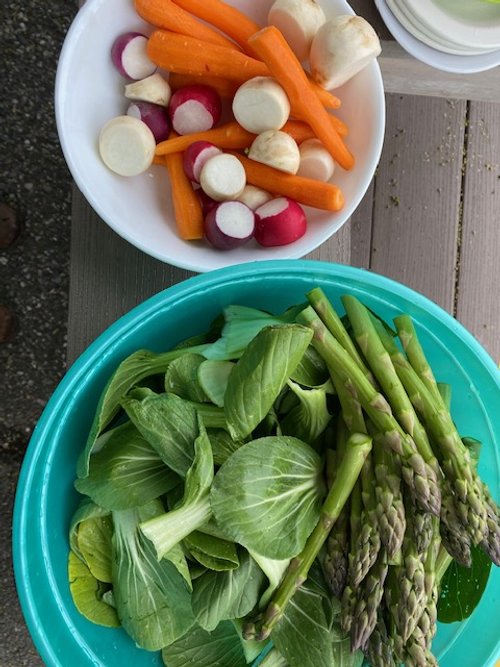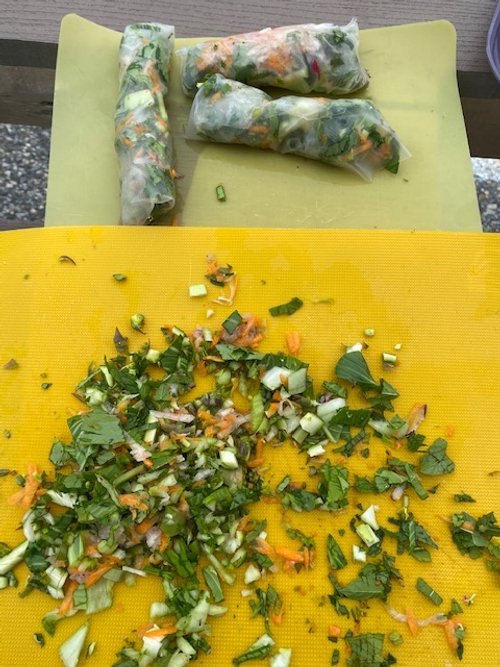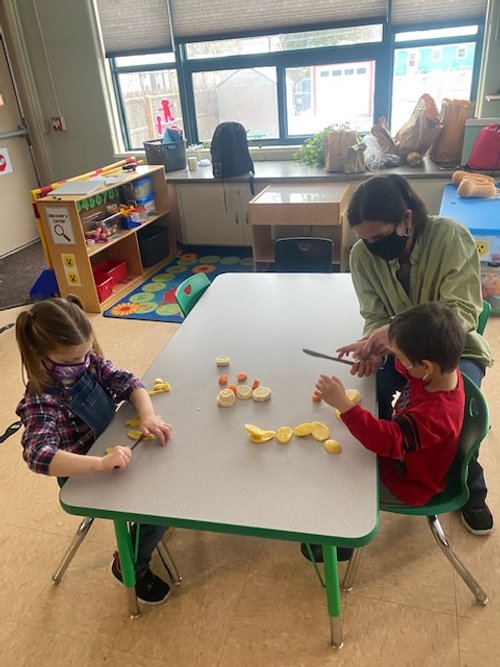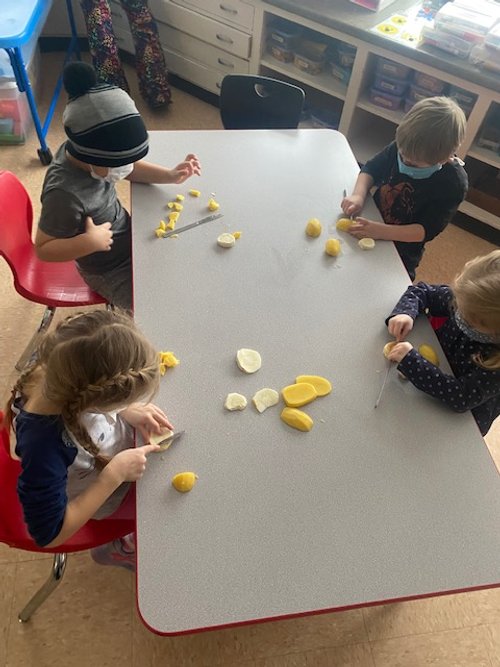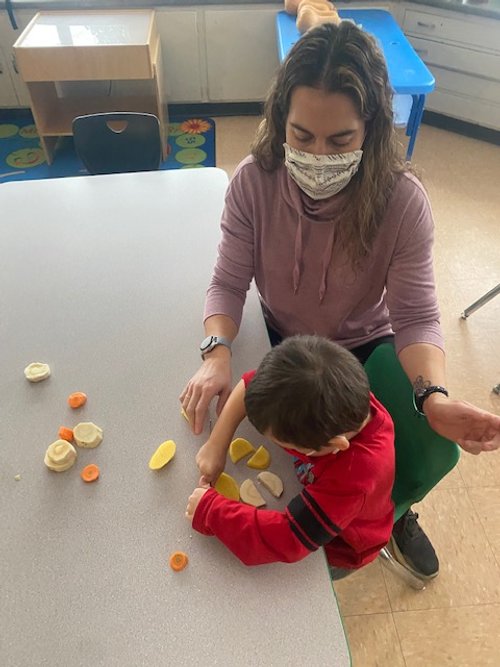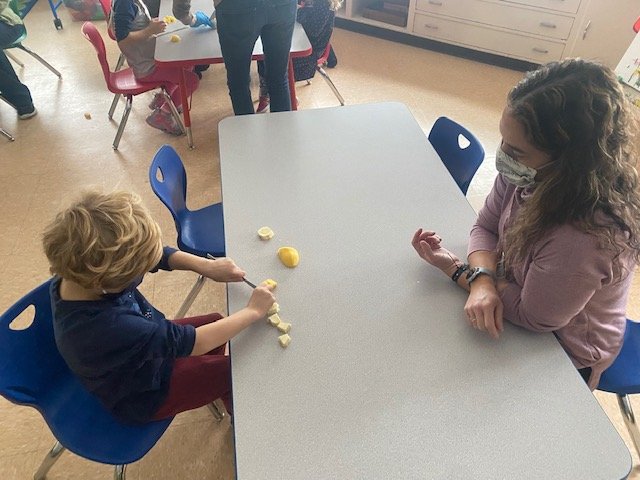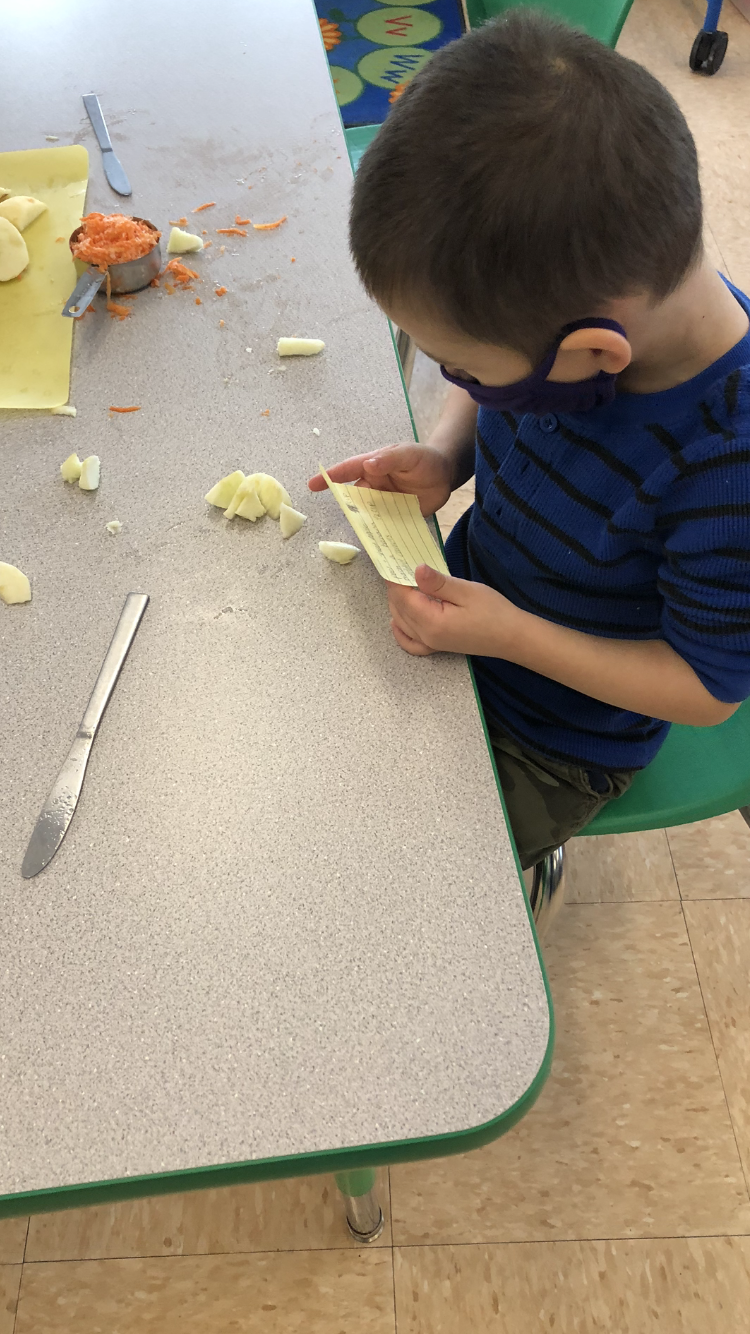When Food Connects reflects on some of our partnerships throughout the community, one business stands out as one of our top supporters—the Brattleboro Food Co-op (BFC).
A monolith in Brattleboro, BFC has served the community since 1975 by providing high-quality locally sourced, organic, and nutritious foods. Food Connects is fortunate to have BFC as one of our top wholesale customers—purchasing our source-identified New England foods to share with the greater community. And with over 8,000 active members, that means more local food is getting into homes across the county.
Not only is the Co-op a major partner to our Food Hub, but they are also a huge supporter of our Farm to School (FTS) program. Last August, they chose our FTS program as one of their Round Up For Change recipients. Because of the generosity of the Brattleboro Food Co-op and its patrons, Food Connects raised over $7,000! These funds went directly to our programming for the 2021-2022 school year, including coaching for Brattleboro schools and professional development for teachers and garden coordinators.
However, the Brattleboro Food Co-op’s generosity doesn’t end with Food Connects. Between December 2020 and December 2021, the Co-op raised over $84,500 through their Round Up program that they distributed to 13 different non-profits. This year, each month is shared between two different organizations to share the wealth among different causes and organizations. This month’s recipients are Brattleboro Time Trade and our partners at Edible Brattleboro. So, next time you are shopping at the Brattleboro Food Co-op, ask to Round Up your change at the register!




